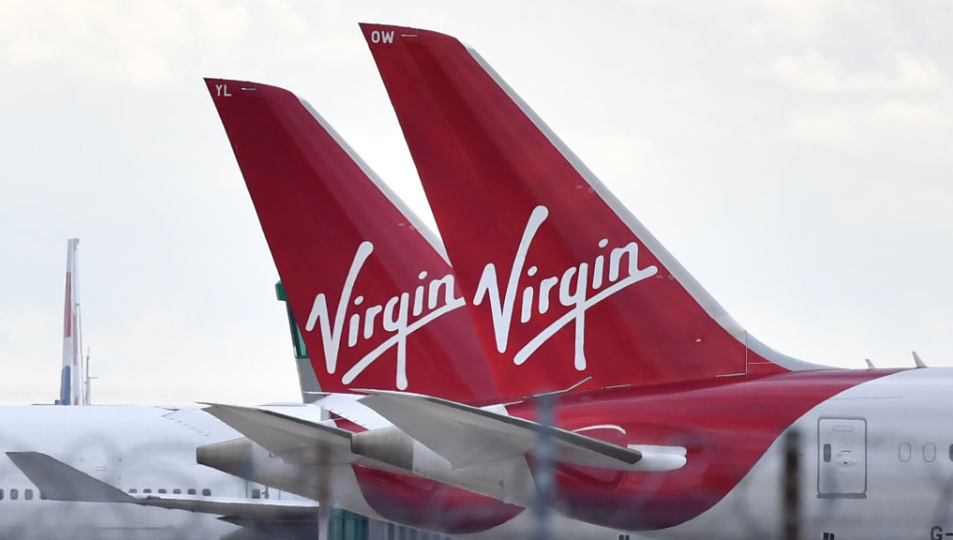Lufthansa. Europe's first fleet cut; will go deeper, others to follow
Lufthansa's plans to reduce the fleet under its mainline brand and Eurowings are the first such restructuring announced by a major European airline group in response to the expected significant decline in air travel post covid-19 travel restrictions.
The permanent retirement of 21 widebodies and 11 narrowbodies represents 9% of the Lufthansa branded fleet and 13% of its seats. In addition, the axing of 11 Eurowings narrowbodies represents 6% of the low cost brand's fleet. Fleet restructuring programmes at Lufthansa subsidiaries Austrian Airlines, Brussels Airlines and SWISS are also in the pipeline.
Among Europe's big three legacy groups, Lufthansa Group's fleet is bigger than both IAG's and Air France-KLM's and it also has more aircraft orders. With Lufthansa predicting that it will take years for global demand for air travel to return to pre-crisis levels and IATA forecasting a 46% fall in RPKs for Europe in 2020, further fleet cuts seem likely. The widebody cuts are 22% of Lufthansa's long haul seats, perhaps suggesting a minimum reduction. Other European airlines will soon follow.
TO READ ON, VISIT: Lufthansa. Europe's first fleet cut; will go deeper, others to follow
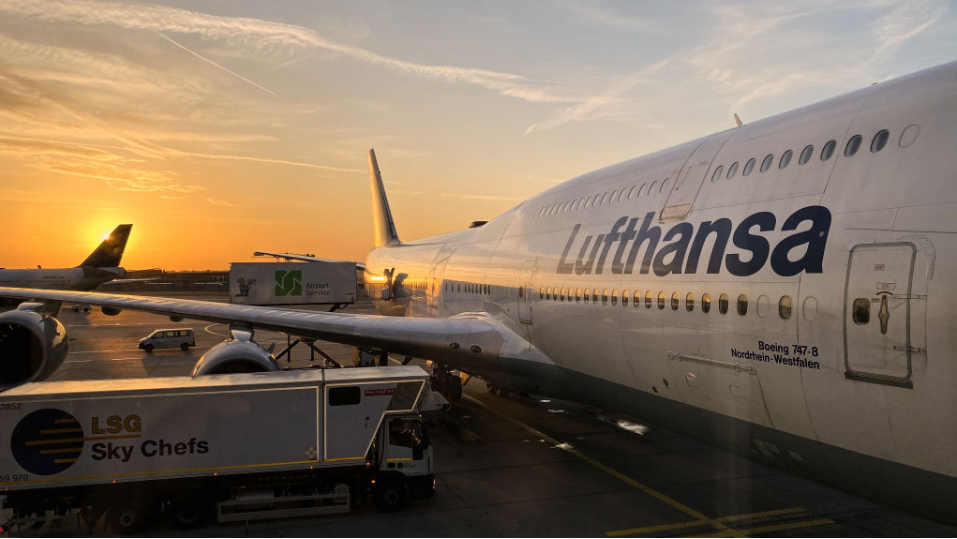
COVID-19: will optics and politics derail aid for US airlines?
At the time that US legislators passed the USD2 trillion Coronavirus Aid, Relief, and Economic Security (CARES) Act, airlines and labour unions alike hailed the legislation as a breakthrough for the portion of the bill that pledged approximately USD25 billion in payroll grants to the airline industry for sustaining worker pay and benefits until the end of Sep-2020.
But a last minute provision in the bill attached major strings to those payroll grants - allowing the government to take an ownership stake in airlines that sought both the payroll grants and loans included in the financial relief package.
Unions are decrying the move, and the nation's airlines are now attempting to negotiate with the US Department of Treasury on the terms of the grants as collectively they continue to burn through nearly billions of dollars in cash each day. Labour is warning that the longer Treasury drags its feet, the higher the risk of painful bankruptcies will continue to grow significantly.
TO READ ON, VISIT: COVID-19: will optics and politics derail aid for US airlines?
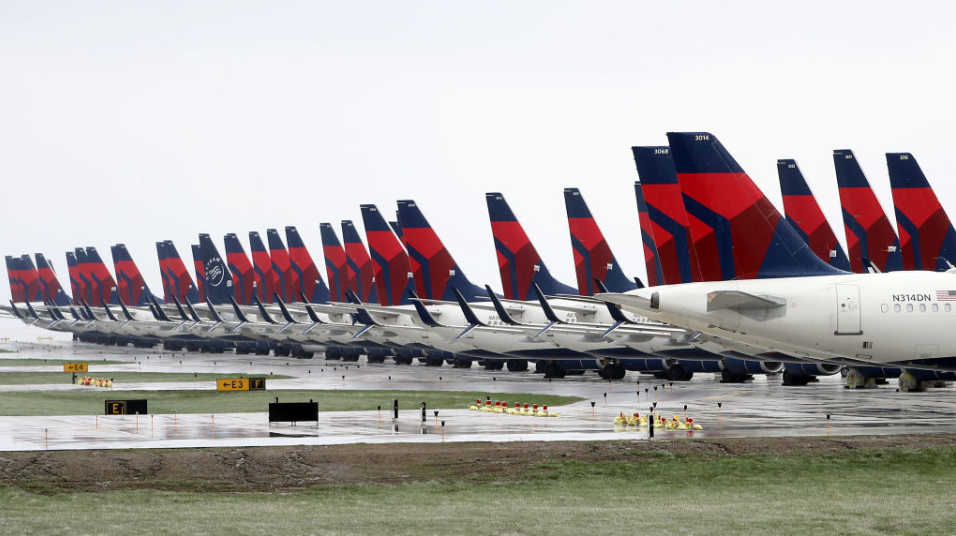
COVID-19 recovery: China Southern Airlines' intensive recovery effort
China Southern Airlines' domestic recovery has been as intensive as Air China's and slightly more aggressive than China Eastern's. But like its two rivals, China Southern has become more circumspect in the past two weeks, delaying and moderating capacity resumption plans.
China Southern has also changed course over the past week, clipping near term (April) domestic capacity redeployment, at least according to its schedule filings. By global standards, however, China Southern is providing a vast number of seats per week in the domestic market - some 1.5 million - which is only 30% below prior year levels.
TO READ ON, VISIT: COVID-19 recovery: China Southern Airlines' intensive recovery effort
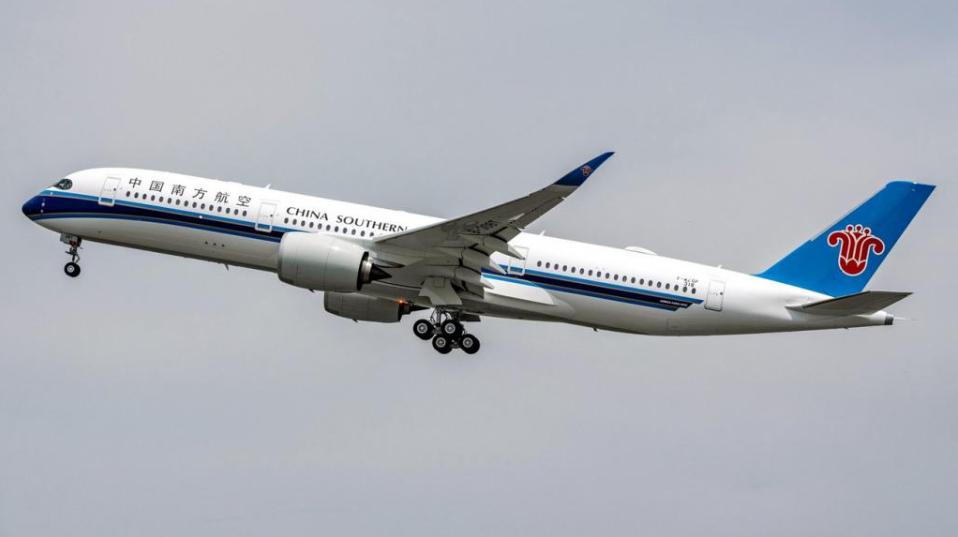
LOT Polish abandons Condor. European airline consolidation on hold
The withdrawal by the owner of LOT Polish Airlines from buying Condor highlights an understandable anxiety among airlines to commit any funds beyond what is needed for immediate survival in lockdown.
The European airline landscape has long been more fragmented, and less profitable, than in North America. The mega deals that could transform it face considerable barriers - regulatory, political, social and cultural.
The coronavirus crisis - deeper than any previously - might be expected to catalyse deals that overcome such barriers. Yet, even in these extreme circumstances, major consolidation is not imminent.
LOT-Condor is not a mega deal, but its abandonment illustrates how distant the prospect of a really significant takeover or merger is. Consolidation through airline bankruptcy is more likely, but state support could limit this to the exit of smaller airlines with little impact on overall European airline industry structure.
However, the depth of the current collapse in European seat capacity (down by 88.7% in the week of 13-Apr-2020) and the importance of international markets - likely to lag in the upturn - point to a slow and shallow recovery. That is likely to have a more profound impact on industry structure.
TO READ ON, VISIT: LOT Polish abandons Condor. European airline consolidation on hold
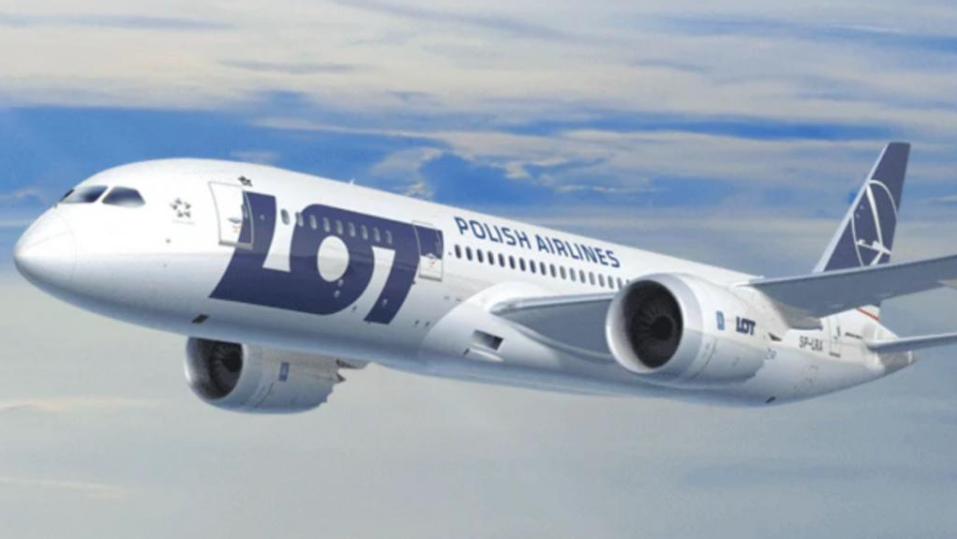
COVID-19: JetBlue Airways' moves show industry in throes of crisis
Airlines that entered the COVID-19 crisis in reasonably sound financial shape are now issuing dire warnings about their daily cash burn and the remarkable drop in demand.
JetBlue is one of those airlines, stressing that the USD10 million it is burning through daily is, unsurprisingly, unsustainable, and the company is working to raise additional cash as it scrutinises the minutiae of a support package from the US government. The airline is also grounding a significant portion of its fleet to support massive capacity cuts in the short term.
JetBlue's moves show that the US remains in the eye of the storm and operators cannot dedicate a lot of time to thinking about a post COVID-19 environment - other than to determine that some things will never be the same.
One stipulation of the aid from the US government is that airlines maintain minimum domestic service levels, largely based on schedules for Mar-2020, with some exceptions.
Nevertheless, it is less than clear that demand in the US will actually match those minimum capacity levels; JetBlue and all airlines are scurrying to craft schedules that meet those requirements, since the bottoming out of demand may not yet have occurred.
TO READ ON, VISIT: COVID-19: JetBlue Airways' moves show industry in throes of crisis
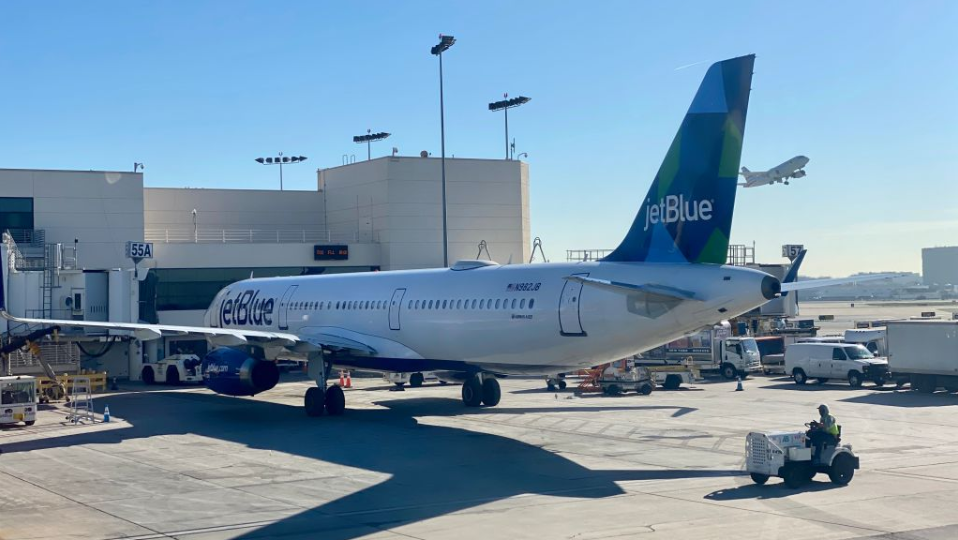
COVID-19: Airport finances. Positive results quickly become history
Around the world, airports are concluding their annual reports for the financial year ending 31-Dec-2019.
2019 was generally a good year for airports, but the current COVID-19 coronavirus outbreak has made a huge impact on airport finances.
In the case of each airport the reporting for 2019 coincides with the stark realisation that the impact of the COVID-19 coronavirus, which seems to grow each day, together with the potential impact of a global economic recession to follow it, means that these generally healthy 2019 results are likely to be confined to their own sickbed in 2020 - for the entire year and possibly beyond.
At least in China, some progress has been made in combating the disease.
But the big question for the long term is whether investors will be willing to return to support the capital needs of the industry.
TO READ ON, VISIT: COVID-19: Airport finances. Positive results quickly become history
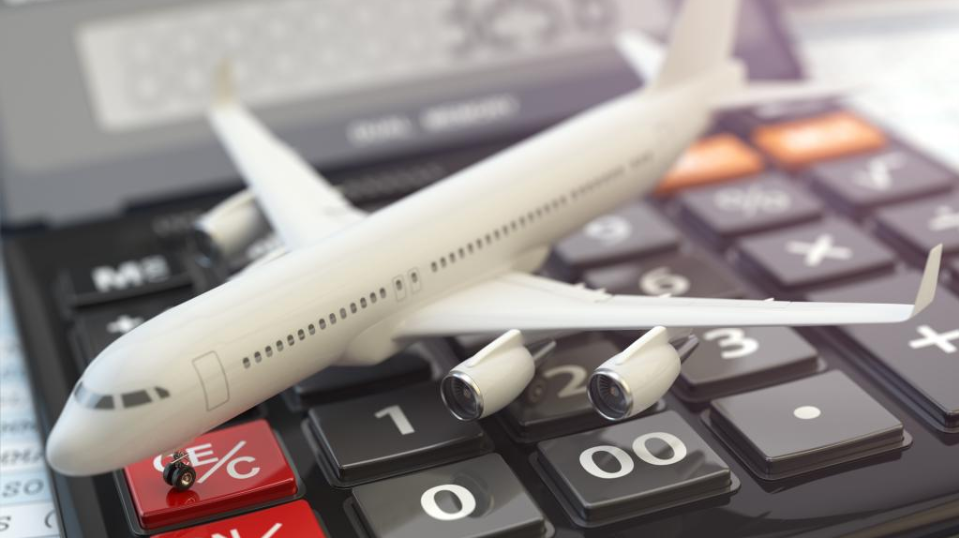
COVID-19 Recovery: China Eastern Airlines regains lost ground
China Eastern Airlines is firmly on the COVID-19 recovery path, though its domestic capacity levels have not been restored as aggressively as the carrier originally planned, via its forward schedule filings. Unlike Beijing-based Air China, Shanghai-based China Eastern is not expecting to produce seat numbers in the domestic market that reach prior year levels during the upcoming peak Labor Day holidays in May.
China Eastern has consistently delayed the redeployment of 'normal' levels of service over the past few weeks. Domestic capacity remains roughly 45-50% below prior-year levels. The volume of domestic seat production is however vastly ahead of rivals overseas, whose domestic markets are now being shuttered.
TO READ ON, VISIT: COVID-19 Recovery: China Eastern Airlines regains lost ground
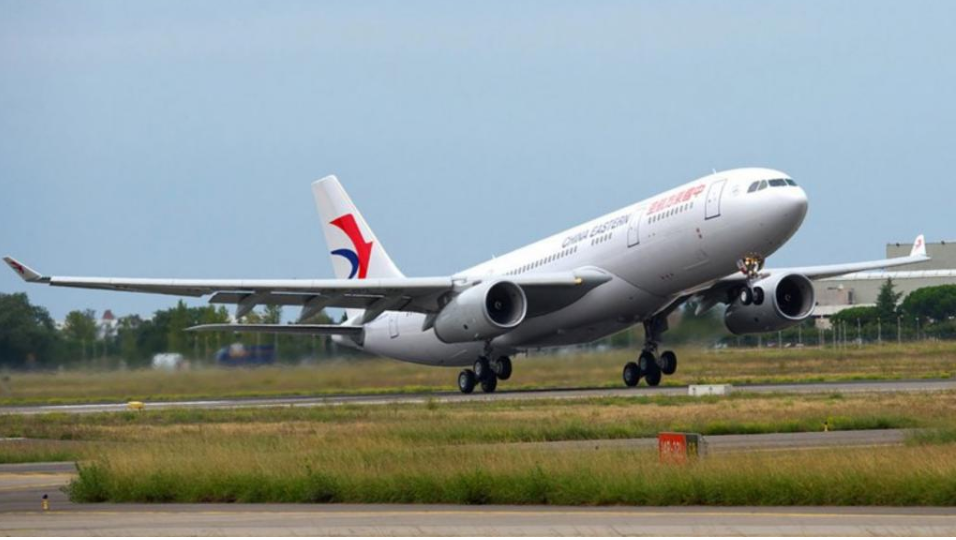
COVID 19: US major airlines operating fleets dive in Mar-2020
In the span of a month the COVID-19 coronavirus has been declared a pandemic, borders have been closed, and air travel worldwide has nearly come to a standstill.
Airlines around the globe are cutting capacity to match near zero demand, and their capacity projections almost change on a daily basis against the backdrop of a growing consensus that it will take at least two years for demand to reach 2019 and early 2020 levels.
Global operators are also slashing their operating fleets, including the largest US operators, which have now grounded unprecedented numbers of aircraft in a stunningly short period of time.
Data compiled by CAPA shows that the operating fleets of American, Delta and United are below half of where they were at the start of 2020, with the most drastic reductions taking place in late Mar-2020. And there will be more to come.
TO READ ON, VISIT: COVID 19: US major airlines operating fleets dive in Mar-2020
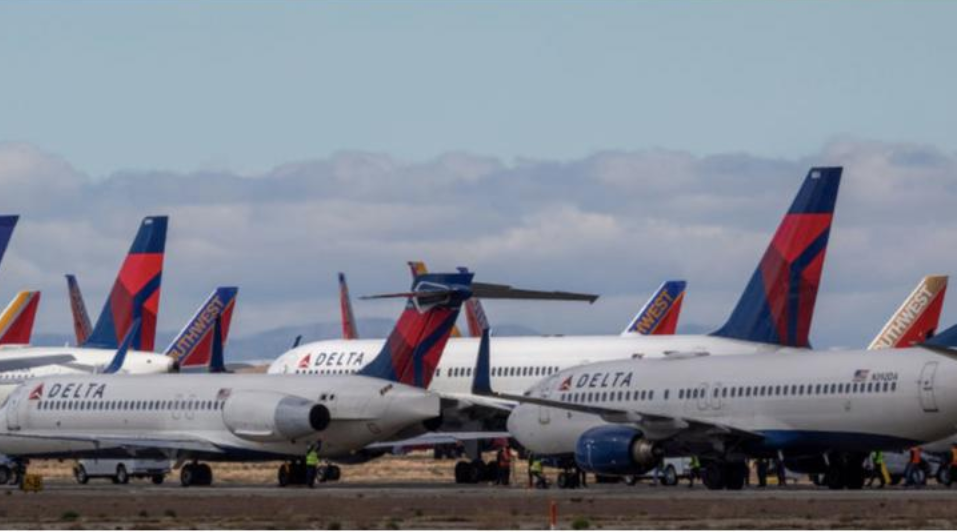
COVID-19: Brazil's aviation market will shrink after the pandemic
Most airlines do not have a lot of time to focus on how the industry will be reshaped in a post-COVID-19 world. But there's one overarching theme that emerges when they can take a step back and ponder how the industry will change after the crisis - markets will be smaller.
The largest domestic airline in Brazil, GOL, believes that Latin America's largest aviation market could potentially be smaller for some time after the pandemic ends, and that the crisis will force some airlines in the market to behave more rationally with capacity growth. For now, GOL is operating a skeleton schedule and has parked more than 100 aircraft. The airline also believes its planned international expansion will be delayed for some time.
GOL's competitor, Azul, which has also parked more than 100 aircraft, hopes to resume close to a normal operating schedule in Jul-2020, but as the crisis drags on it can only be speculated when any sense of normality will materialise.
TO READ ON, VISIT: COVID-19: Brazil's aviation market will shrink after the pandemic
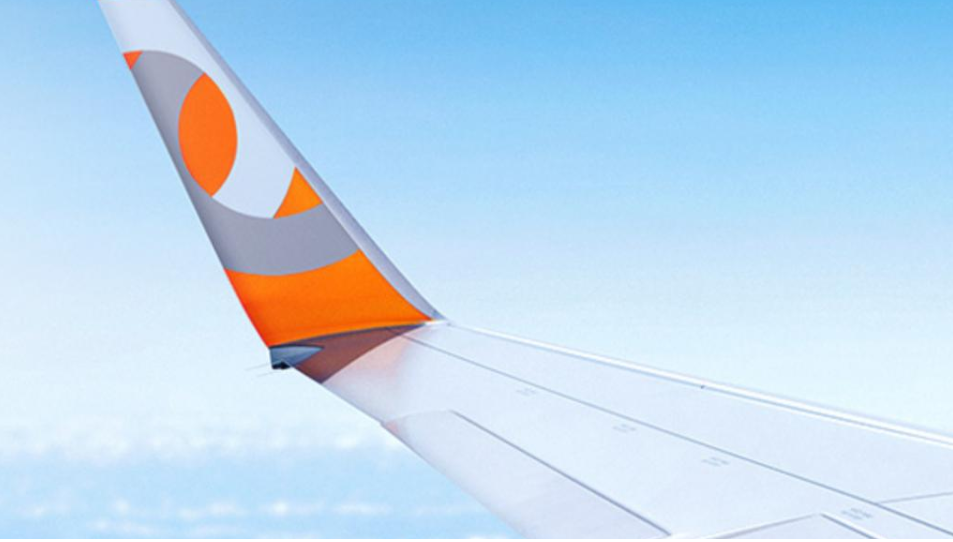
COVID-19 recovery: Hainan Airlines' recovery falters
China's domestic airline market is starting to recover.
But Hainan Airlines' domestic recovery has been choppy and the struggling carrier is only producing around 40% of the domestic seats compared to the same time last year - well below levels of its 'big three' Chinese rival carriers. Hainan Airlines is filing slower, more cautious resumptions of near term domestic flying and is the most pessimistic of the four largest airlines in terms of capacity deployment plans for the May Labor Day holiday period onwards.
Its parent, the HNA group has been confronting well publicised liquidity issues and on 29-Feb-2020 announced that the group's liquidity will be managed by a working committee comprising representatives from the Hainan Provincial Government, CAAC and China Development Bank as the coronavirus outbreak deters travel and impact the group's debt workout plan.
The weakened carrier recently held a conference with bondholders of its CNY750 million (USD106.4 million) bond, due on 17-Apr-2020, saying it is unable to repay the short term notes. It added it hopes to extend the repayment, noting that revenue had declined significantly due to the coronavirus pandemic.
For the formerly ambitious carrier, 2020 is proving to be an extreme challenge.
TO READ ON, VISIT: COVID-19 recovery: Hainan Airlines' recovery falters
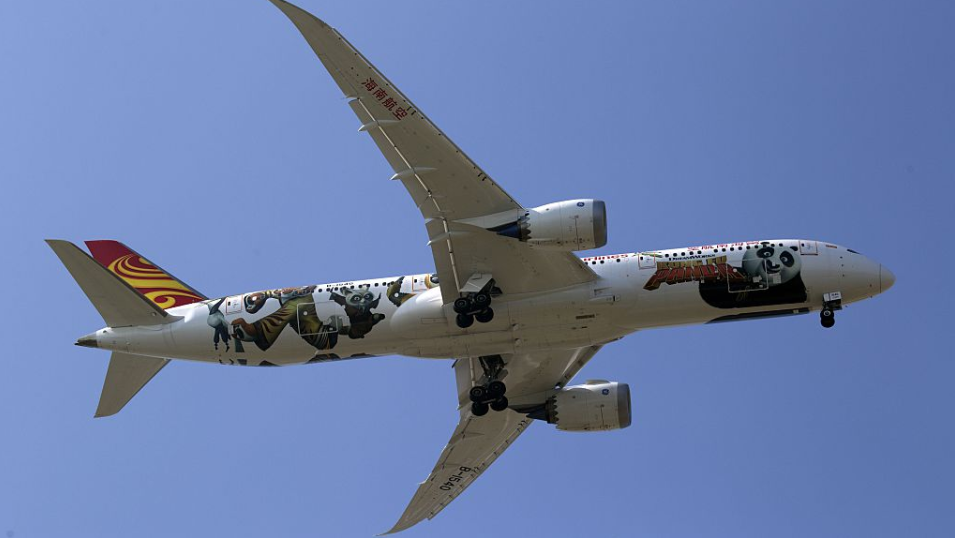
MAG supports a UK government bailout for Virgin Atlantic
The CEO of Manchester Airports Group (MAG), Charlie Cornish, has taken the unusual step of asking the Chancellor of the Exchequer, currently the second most powerful man in the UK, to save Virgin Atlantic Airways - by way of a bailout if necessary. The government recently turned down such pleas to save Flybe.
Mr Cornish said that the carrier's growth in capacity had been "essential in allowing Manchester to become one of the best-connected European airports to the U.S." He added, "These services are directly benefiting the economies of Manchester and the surrounding region".
MAG is not the only organisation to offer such vocal support to Virgin. Organisations that build aircraft and engines that Virgin buys have not unexpectedly done that: Virgin Atlantic's hopes for its own state bailout have already been backed by some of aviation's biggest companies, with Airbus and Rolls-Royce, as well as Heathrow Airport, all lobbying the government on the airline's behalf.
Virgin Atlantic was a major part of Manchester's schedules, with its year-round international services. In MAG's case the reason is that Virgin is a plank on which it was building its future at Manchester, by way of the GBP1 billion Terminal 2 extension, which was scheduled partly to open this summer but which currently lies empty.
TO READ ON, VISIT: MAG supports a UK government bailout for Virgin Atlantic
